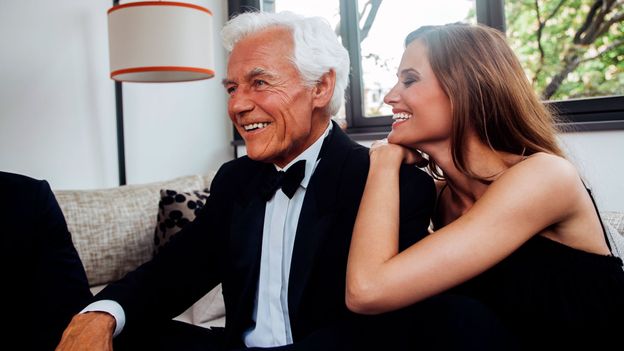For anyone who's interested, UK Office of National Statistics released a report today:
"The decrease in those identifying as heterosexual or straight may be attributed to more people exploring their sexual identity in combination with changing societal attitudes towards different groups and the expression of these today. Recent results from the British Social Attitudes Survey (PDF, 655KB) support the view that societal attitudes are changing in favour of diversity in sexual identity."
Sounds promising. Long may it continue.
Main points (quoted directly from the report):
Edit, November 2023: ONS released an additional report which provides statistics about sexual identity and disability:
Sexual orientation, UK - Office for National Statistics
Sexual orientation in the UK in 2021 and 2022 by region, sex, age, legal partnership status, ethnic group and socio-economic classification.
www.ons.gov.uk
"The decrease in those identifying as heterosexual or straight may be attributed to more people exploring their sexual identity in combination with changing societal attitudes towards different groups and the expression of these today. Recent results from the British Social Attitudes Survey (PDF, 655KB) support the view that societal attitudes are changing in favour of diversity in sexual identity."
Sounds promising. Long may it continue.
Main points (quoted directly from the report):
- In 2022, 93.4% of the UK household population aged 16 years and over identified as heterosexual or straight, down from 95.0% in 2017.
- An estimated 3.3% of the UK population aged 16 years and over identified as lesbian, gay or bisexual (LGB) in 2022, a continued increase from 2.1% in 2017.
- The proportion of men identifying as LGB was 3.8% in 2022, up from 2.4% in 2017; the proportion of women who identified as LGB was 3.0%, an increase from 1.8% in 2017.
- The proportion of women aged 16 to 24 years identifying as LGB increased to 10.6% in 2022; the proportion of men aged 16 to 24 years identifying as LGB was 7.9%.
- Those identifying as heterosexual or straight were most likely to be married (46.4%) in 2022, while for those identifying as LGB, the majority had never married or entered a civil partnership (72.0% of those identifying as lesbian or gay and 82.9% of those identifying as bisexual, respectively).
Edit, November 2023: ONS released an additional report which provides statistics about sexual identity and disability:
Sexual orientation, further personal characteristics, England and Wales - Office for National Statistics
Exploring the disability, health status, ethnic group, religion and employment of people of different sexual orientations from Census 2021 in England and Wales.
www.ons.gov.uk
Last edited:

